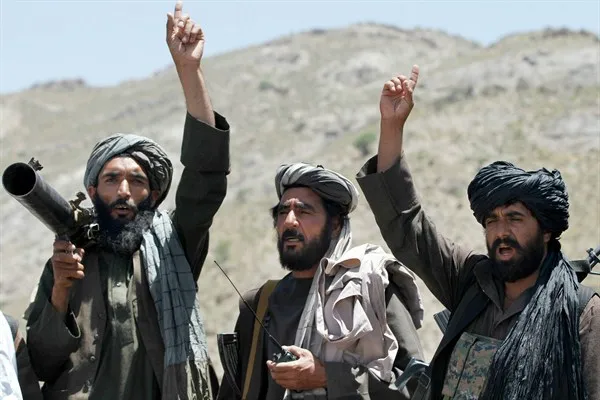The recent findings by the United Nations Assistance Mission in Afghanistan (UNAMA) highlight a distressing reality for women in Afghanistan as the Taliban tightens its grip on power. The UN report reveals a series of escalating restrictions that severely impact women’s freedoms, ranging from work and travel limitations to constraints on healthcare access. These measures signal a troubling regression from the initial promises of a more moderate governance that the Taliban had suggested in its earlier declarations.
One of the most alarming aspects of the recent developments is the requirement for women to have a male guardian, known as a “mahram,” to engage in basic activities such as work, travel, and accessing healthcare. This imposition places a significant burden on women, restricting their autonomy and reinforcing traditional patriarchal norms.
The UNAMA report highlights a specific incident involving the Taliban’s Vice and Virtue Ministry, which informed a female healthcare worker that her employment would only be valid after marriage. This demonstrates the intrusion of the Taliban into the personal and professional lives of women, dictating not only their public conduct but also their private choices.
Education for girls has also been a target of the Taliban’s restrictive measures. The report notes that the Taliban has halted education for girls beyond the sixth grade, reneging on their earlier promises of allowing girls to continue their education. This move has far-reaching consequences for the intellectual and social development of young girls, perpetuating gender disparities in educational attainment.
The enforcement of a strict dress code, including the mandatory wearing of the burqa, has led to the closure of beauty parlors, another blow to women’s economic opportunities. Those who fail to adhere to the Taliban’s hijab standards face arrest, further curbing their freedom of expression and individual choices regarding personal attire.
In May 2022, a decree by the Taliban limited women’s visibility in public by advocating for the burqa and allowing only the eyes to be shown. This decree, in addition to other restrictive measures, contributes to the erasure of women from public spaces, reinforcing a regressive and oppressive narrative.
The impact of these measures is felt acutely in various provinces, such as Paktia, where women without male guardians have been barred from accessing health facilities. The Vice and Virtue Ministry actively ensures compliance with these rules in public places, offices, and educational institutions, creating an atmosphere of surveillance and fear.
Instances of women being detained for working without a mahram have been reported, illustrating the real-world consequences of these restrictive policies. In one case, three female health workers faced detention and were only released after family assurances of compliance. Similarly, in Kandahar, women are prevented from traveling long distances without a mahram, severely limiting their mobility and independence.
A particularly controversial aspect of the restrictions is the arrest of women for purchasing contraceptives, even though the Taliban has not officially banned these. This highlights the intrusive nature of the Taliban’s governance into the private lives and reproductive choices of women, further exacerbating concerns about the erosion of women’s rights.
The Taliban’s chief spokesman, Zabihullah Mujahid, has defended these actions as adherence to Shariah law, criticizing the UN report for allegedly misunderstanding and challenging Islamic law. He stated, “If UNAMA criticizes these cases or considers explicit Islamic rulings as an act against human rights, then it is an insult to the beliefs of a people.”
The use of religious justifications to legitimize these restrictions raises questions about the interpretation of Islamic principles and their impact on the human rights of women. The UN report highlights the tension between the Taliban’s interpretation of Shariah law and internationally recognized standards of human rights and gender equality.
The international community has expressed deep concern over the deteriorating situation for women in Afghanistan, and human rights organizations continue to call for urgent action to protect and promote women’s rights in the country. The restrictive measures imposed by the Taliban not only violate fundamental human rights but also undermine the potential for social progress and sustainable development in Afghanistan.
As the international community grapples with how to respond to these concerning developments, it is crucial to prioritize the protection of women’s rights and ensure that Afghan women have the opportunity to live free from discrimination and violence. The UNAMA report serves as a critical document shedding light on the challenges faced by Afghan women and emphasizes the need for concerted efforts to address these issues and advocate for their rights on the global stage.
